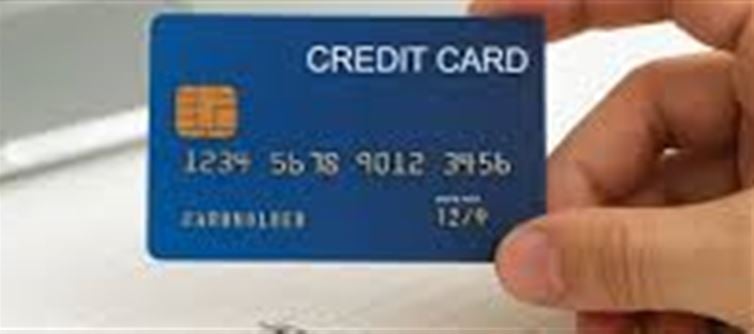
Getting a credit card rejection can be frustrating, but it’s not the end of the road. Banks assess applications carefully, and understanding the common reasons for rejection can help you fix issues and improve your chances next time.
1. Low Credit Score
Your credit score is one of the most important factors banks consider. If your score is low due to late payments, defaults, or high credit utilization, your application may be rejected.
2. High Outstanding Debt
If you already have loans or credit card balances, banks may hesitate to approve another card, fearing that you might not manage additional debt responsibly.
3. Incomplete or Incorrect Information
Errors in your application form, such as a wrong PAN number, address, or employment details, can lead to automatic rejection. Always double-check your application before submission.
4. Short Credit History
If you’re new to credit and have little or no credit history, banks may see you as a risky borrower. Building a credit history gradually can improve approval chances.
5. Employment or Income Issues
Banks assess your income stability to ensure you can repay. If your salary is too low or employment details are inconsistent, your application may be declined.
6. Multiple Recent Applications
Applying for several credit cards or loans in a short period can raise red flags. Banks may perceive this as financial stress and reject your application.
7. Outstanding Defaults or Legal Issues
Any pending defaults, legal disputes, or bounced cheques in your financial record can negatively affect your application. Banks prioritize applicants with clean financial records.
8. Bank-Specific Policies
Sometimes, rejection isn’t about you—it’s about the bank’s policies. Certain banks have strict eligibility criteria for income, age, or credit limits that may not match your profile.
✅ Tips to Improve Your Chances
· Check your credit score and rectify errors before applying.
· Ensure all personal and income details are accurate and up-to-date.
· Avoid applying for multiple cards at once.
· Consider secured credit cards if you have a short or poor credit history.
Understanding why your credit card was rejected helps you take corrective steps and strengthen your financial profile. With the right preparation, you can get approved on your next attempt.
Disclaimer:
The views and opinions expressed in this article are those of the author and do not necessarily reflect the official policy or position of any agency, organization, employer, or company. All information provided is for general informational purposes only. While every effort has been made to ensure accuracy, we make no representations or warranties of any kind, express or implied, about the completeness, reliability, or suitability of the information contained herein. Readers are advised to verify facts and seek professional advice where necessary. Any reliance placed on such information is strictly at the reader’s own risk.




 click and follow Indiaherald WhatsApp channel
click and follow Indiaherald WhatsApp channel